The coronavirus pandemic has disrupted the lives of millions around the world. The scale of the crisis was such, that only as a Union could we have provided the appropriate response for our citizens and led the international solidarity to make sure safe vaccines reach all corners of the world.
The European Commission has fought the pandemic on three fronts:
- We focused on containing the spread of the coronavirus by providing vaccines to as many people as possible.
- We responded to the economic shock with an unprecedented recovery plan.
- We have stayed on course with our green and digital transition.
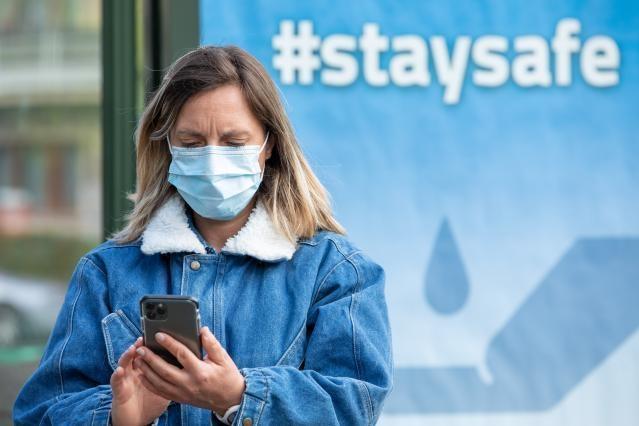
Approval timeline: Safe and effective vaccines against COVID-19
- 21 December 2020BioNTech-Pfizer
- 6 January 2021Moderna
- 29 January 2021AstraZeneca
- 11 March 2021Johnson & Johnson
- 20 December 2021Novavax
- 24 June 2022Valneva
A swift response to the virus
Early in the pandemic, the Commission entered into advance purchase agreements with individual vaccine producers on behalf of Member States. Thanks to this foresight, and the ability to secure deliveries of vaccines, Europe has tamed the worst pandemic in a century.
How was this done?
The Commission financed part of the costs faced by vaccine producers from the €2.7 billion Emergency Support Instrument. In return, the Commission secured an agreed number of vaccines, timing of delivery and price. By doing so, the Commission contributed to developing and manufacturing safe and effective vaccines in record time.
In the case of new variants, if an adapted vaccine is authorised by autumn 2022, the EU will have access to deliveries in the form of adapted vaccines from BioNTech-Pfizer and Moderna.
Protecting the health of citizens also requires treatments. COVID-19 patients need treatments to fight the disease, reduce hospitalisation and prevent loss of life. The EU strategy on COVID-19 therapeutics is supporting the development and availability of medicines, including for recovering patients.
In October 2021, the Commission established a portfolio of 10 potential COVID-19 therapeutics. By May 2022, eight treatments for COVID-19 were authorised, and several joint procurement contracts for COVID-19 medicines have also been concluded with manufacturers to facilitate Member States’ access to COVID-19 treatments.
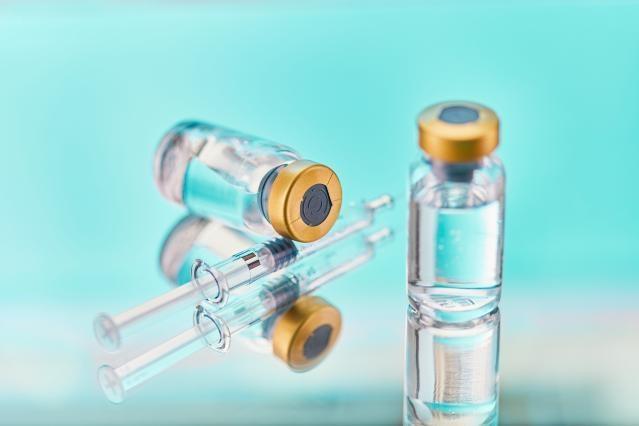
Global cooperation and solidarity
From the beginning, the EU has been committed to international cooperation in fighting the pandemic. We have become the single biggest supplier of vaccines against COVID-19 in the world, and one of the lead donors to COVAX, a global initiative aimed at equitable access to COVID-19 vaccines.
- In February 2022, the EU pledged €425 million at the EU-African Union Summit, to help speed up the pace of vaccination in Africa.
- At the Second Global COVID Summit, in May 2022, President of the Commission Ursula von der Leyen pledged €450 million to the Global Pandemic Preparedness Fund.
- At the regional level, the EU is supporting the launch of the African Medicines Agency. At the national level, the focus is on increasing production capacity and creating the right ecosystem for investment.
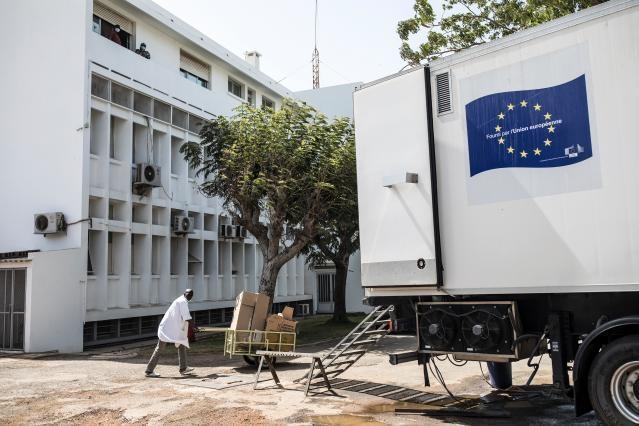
The EU has also been at the forefront of the global trade response to the pandemic. During the World Trade Organization’s 12th Ministerial Conference in June 2022, members agreed to waive certain intellectual property obligations concerning vaccines against COVID-19.
This is the first pandemic to be fought in the digital age. The EU Digital COVID Certificate has rapidly become a global standard. Adopted in June 2021, the system set out a common framework for issuing, verifying and accepting vaccinations against COVID-19, test and recovery certificates to facilitate free movement. Since the start of its application, more than 2 billion certificates have been issued across the EU.

The EU Digital COVID Certificate has been a crucial innovation in Europe’s response, and has rapidly become a global standard helping resume safe international travel. As of August 2022, more than 1.6 billion people worldwide can use EU Digital COVID Certificates for their international travel.
The EU developed a global standard: 48 non-EU countries and territories across five continents have joined the system, on top of the 27 Member States.
In 2020, six-year-old Adam King from Ireland, who suffers from a brittle bone condition, decided he wanted to send a virtual hug around the world as a symbol of hope during the coronavirus pandemic. His idea travelled far and wide and helped us to collectively heal.
In addition to the EU Digital COVID Certificate, the Commission launched Re-open EU – a web and mobile application that helps Europeans find up-to-date information on travel and health measures in European countries in 24 languages.
To ensure that national contact tracing applications could exchange information across borders, the Commission put in place a European interoperability gateway service. By autumn 2021, 19 Member States were exchanging risk contact information through the European gateway, with their national apps having been downloaded over 70 million times.
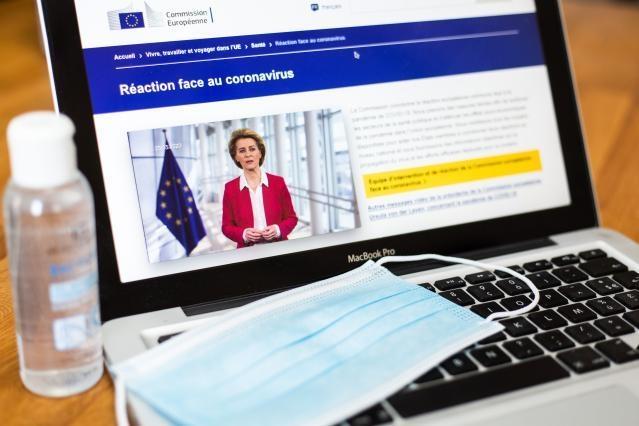
Loss of biodiversity and climate change have made it easier for viruses to leap from animals to humans. In the event of another pandemic, all Member States must be equally prepared and responsive. That is why the Commission has laid the foundations of a European Health Union.
Building a robust European Health Union will:
- protect the health of EU citizens
- equip the EU and its Member States to prevent and address future pandemics
- strengthen the resilience of Europe’s healthcare systems.
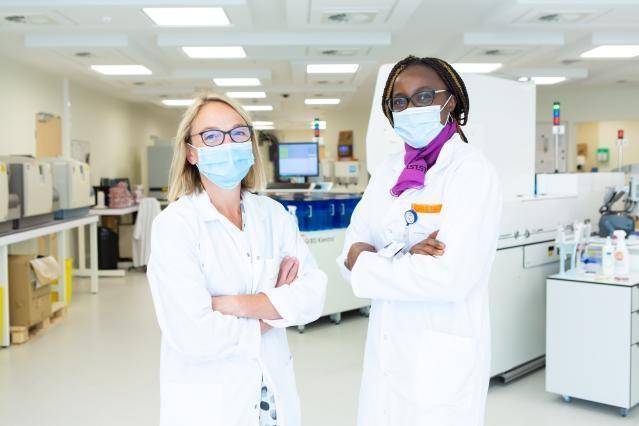
The new Health Emergency Preparedness and Response Authority (HERA) is contributing to the development, production and stockpiling of medicines, vaccines and other medical countermeasures – such as personal protective equipment.
Since its activation, HERA has:
- Established an expert group on COVID-19 variants to monitor mutations
- Made vaccine purchases against monkeypox
- Set up the EU FAB – a network of emergency response production capacities for vaccine and medicine manufacturing
- Begun stockpiling equipment and drugs against chemical and nuclear threats
In Estonia, Johanna-Maria Lehtme founded "Slava Ukraini", which has delivered over 60 ambulances to Ukraine, filled with medical supplies and other assistance needed to save lives.
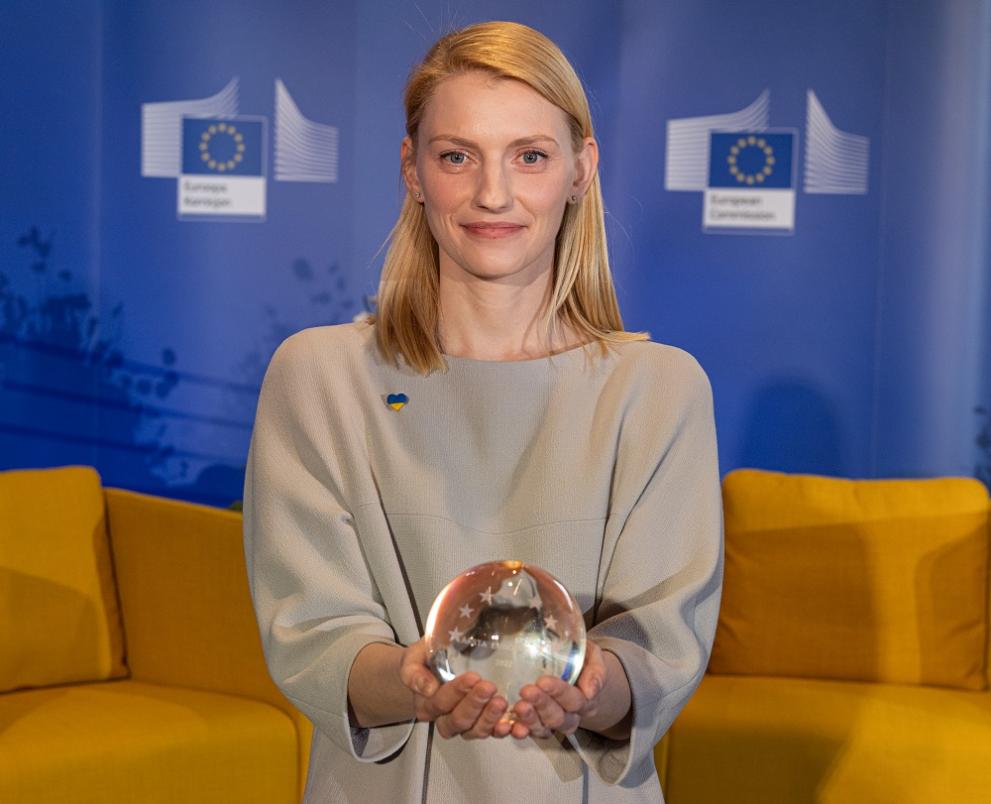
The pandemic continues to have a major impact on patients, healthcare professionals and health systems in the EU. That is why the EU4Health programme was designed to go beyond crisis response to address healthcare systems’ resilience. Due to the lessons learned during pandemic, EU4Health is investing €5.3 billion to strengthen Member State health systems.
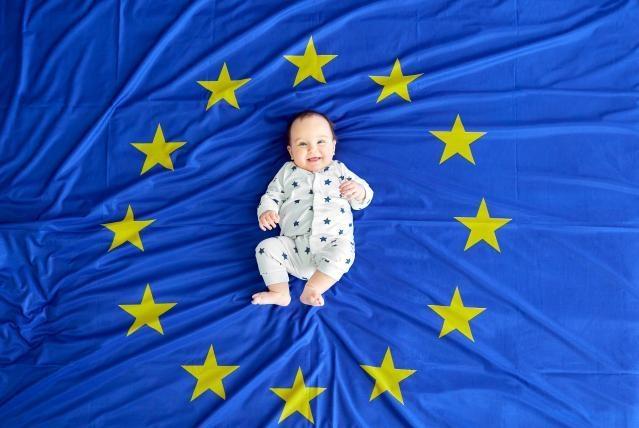
The pharmaceutical strategy for Europe, adopted in November 2020, presents concrete initiatives to ensure access to safe, high-quality, affordable medicines for patients, and addressing unmet medical needs. It also aims to enhance security of supply, address shortages and promote the strategic autonomy of the EU. In March 2022, the mandate of the European Medicines Agency was strengthened to better monitor and mitigate shortages of critical medicines.
With the new European Health Data Space, the Commission is taking a historic step towards digital healthcare in the EU. The Commission is empowering citizens in giving them full control over their health data and enabling better healthcare. It will also foster a genuine European single market for digital health services and products by offering a framework to use health data for research, innovation, policymaking and regulatory activities. This will be invaluable for scientists, researchers, innovators and policymakers working on innovative life-saving treatments.
Thanks to the lessons learned during the pandemic, and the measures put in place since, the EU is now in a stronger position than ever to fight future health crises.






